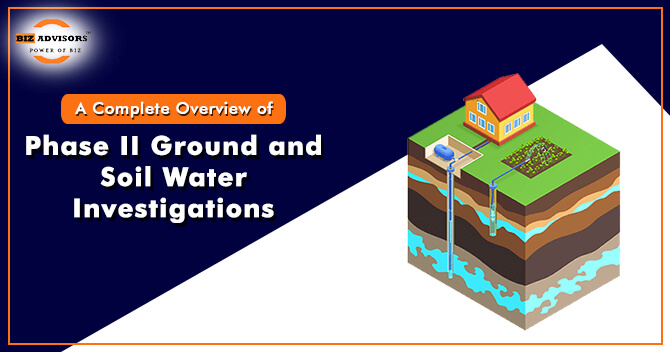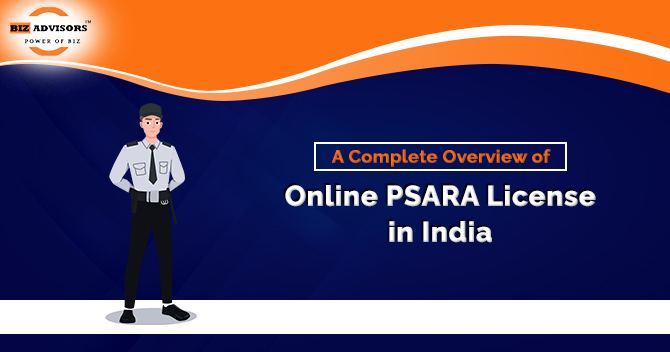Phase II Soil and Groundwater Investigations comprehensively form a reinforced substratum for a deep evaluation of the historical site for obtaining quality soil on the land and plenty of groundwater to nourish the internal capability of land for better employment. Phase II Soil and Groundwater Investigations emphatically surcharge an optimistic model in the context of upgrading the standards of the soil and determining the density of groundwater in a sophisticated manner. It helps in scrutinizing the crucial aspects concerning the effective role of a site location, vibrant flora, and fauna in underlining the significance of soil management and groundwater systemization in a well-organized format. It encourages the positive outcome of quality-driven rich and effective soil and aligns the progressive report for efficiently empowering the groundwater operational management in a specific area.
Phase II Soil and Groundwater Investigations
There are several steps in this investigation, including:
- Inspection of the historical research location, a gathering of soil samples, and
- Tests (and, in some situations, groundwater samples).
- To start measuring potential risks to people, the environment, or buildings, we must sample the subsurface (often soils and groundwater) at specific or random locations to obtain quantifiable pollutant concentrations.
The following, in brief, is what a Phase 2 Site inquiry entails:
- An evaluation of the site and laboratory data will help in the refinement of the fundamental conceptual site model created for Phase 1, the reduction of uncertainties. Geologists dig and collect soil, soil vapor, and groundwater as part of a Phase II Soil and Groundwater Investigation (sometimes called a Phase II Environmental report), which is a scientific investigation to look for contamination.
Benefits
Added advantages of Phase II Soil and Groundwater Investigations include:
- Time and money spent on project implementation have been cut.
- Project design modifications that reduce costs.
- Increased project acceptance.
- Avoided negative penalties and infractions of the law.
- Better project results.
- Cost savings on medical care and cleanup.
- A better local environment, including clean urban living and access to forests, water sources, agriculture, recreation, and aesthetic values.
- Better health for people.
- Protection of biodiversity.
- Lessen the use of resources.
- Fewer disputes on how to use natural resources.
- Enhanced community pride, knowledge, and abilities
Procedure
These are the primary steps and standards needed to complete Phase II Soil and Groundwater Investigations:-
Step 1) Perform a Thorough Review of Data Specific to the Site and Create an Appropriate Scope of Investigation
Engineers and geologists must produce new scopes of work for each Phase II Soil and Groundwater Investigation. The criteria for laboratory testing vary by location and rely on how the property is used. For instance, chemical studies on soil samples from a dry cleaner contamination site are different from those performed on soil samples from a petrol station contamination site. The number of drilling locations, the kinds of samples to be collected, and the drill rigs needed vary according to the site.
Step 2: Phase II Soil and Groundwater Investigations Require the Appropriate Authorization
The Investigation frequently requires permits for environmental drilling. The majority of projects require a Well & Drilling Permit. The price and duration needed to prepare a Phase II Environmental report may increase if you apply for a drilling license.
Step 3) Coordination and execution of the assessment fieldwork
The fieldwork activities need to be meticulously planned and overseen. The processes entail a lot of steps, all of which are essential to the outcome. Strong management, together with an emphasis on timing, budgets, and outcomes, are critical components of the Phase II Soil and Groundwater Investigation fieldwork’s success. The initial site inspections, geophysical surveys, drilling, marking utility clearances, and sampling are the main tasks.
Step 4) Conducting a technical risk assessment and compile all the results and data.
Geologists[1] carefully examine the project data when the fieldwork is over. The laboratory findings and scope of work are presented in the report’s tables and text sections as the first step in the data consolidation process. However, the judgment calls for a deeper look than just the bare facts.
Step 5) Reviewing the data and calculations will ensure that the conclusions and recommendations are accurate.
All methodology, findings, and conclusions are recorded in a final investigations report after the inquiry is finished. Finally, data tables and charts that illustrate the scope of the review should be included in the final reports. Finally, recommendations are provided by accepted environmental engineering practices, geological knowledge, and ASTM and EPA regulations.
Step 6) Writing the Final Report
The report of the final investigation must provide a brief description of the place and its geological setting. The report also illustrates each step in connection to the overall objective, methods, and findings. Once more, the research presents conclusions and suggestions based on the findings and current industry norms.
Conclusion
Phase II Soil and Groundwater Investigations align the progressive spirit of soil efficiency and groundwater systemization on a comprehensive scale. Phase II Soil and Groundwater Investigations lays out the fundamental norms in the context of site evaluation for checking the standards of soil and groundwater operational management on a wide platform. It tends to adjoin the structural framework concerning soil and groundwater optimization with the ideal pattern of law in a productive manner. Our legal luminaries at BizAdvisors.io provide a robust support system in the context of assisting individuals to easily get access to an ideal paradigm of Phase II Soil and Groundwater Investigations. You can freely contact our legal consultants at BizAdvisors.io for any kind of professional advice or support in the context of the structural framework of the Phase II Soil and Groundwater Investigations.
Read our article:Everything You Need to Know About Synthetic Rubber Business
 9559179325
9559179325 9559179325
9559179325





